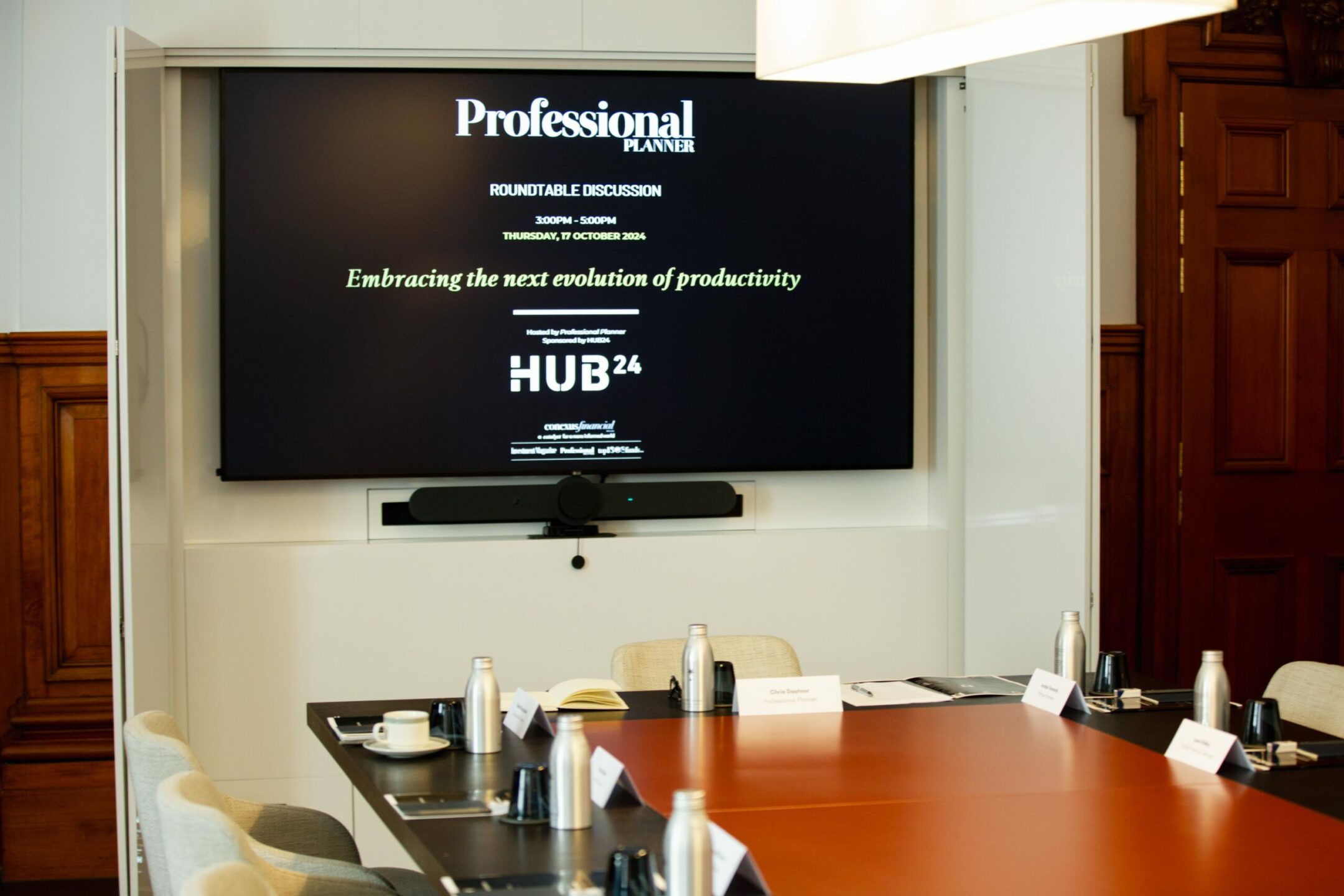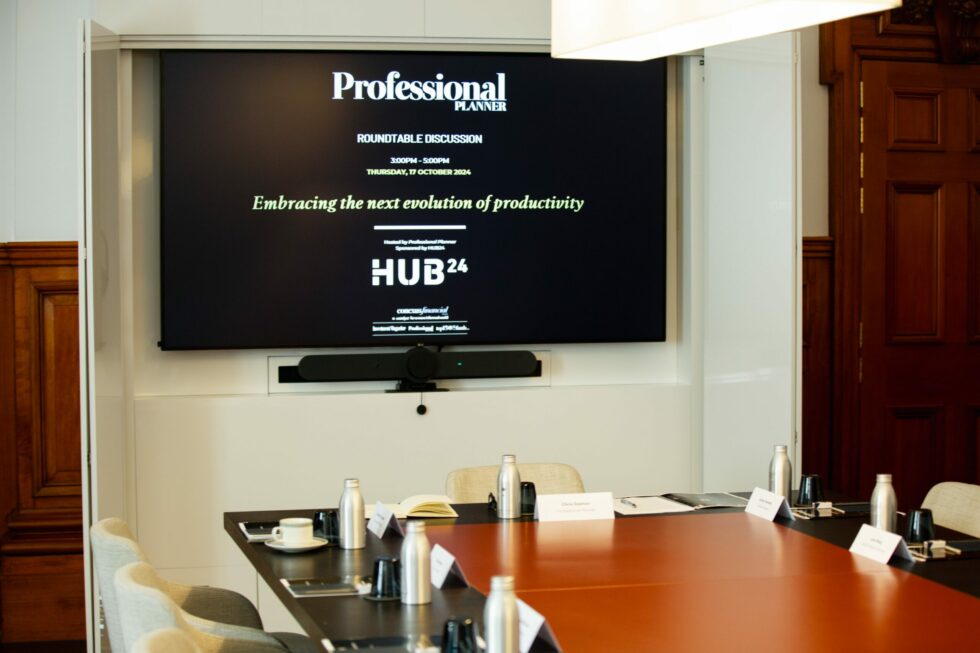Financially educating more Australians before they visit an adviser, could help the industry be more efficient, more cost-effective and meet the unmet advice need.
“Education is the key, because often people are not aware of what they actually need,” said Jordan Kennedy, Partner Pitcher Partners.
He added: “You’re almost like an education provider to people that are needing financial coaching or education to then allow them better aptitude to assess what advice they’re actually seeking.”
The Financial Adviser Scale Squad Founder Adele Martin said this is the role her online program Money Buddies plays, to educate people about a topic so when they meet their financial adviser, there is a baseline of knowledge.
“You spend so much time educating people. You’re not taking this step out of the process but you’re doing it in a more engaging way.”
Pipeline of talent
Industry experts discussed the attractiveness of financial planning as a qualification, noting it was far more specific than other degrees in its career application.
“Think about the versatility of a financial planning degree,” said Kennedy. “If you do a commerce or an economics degree, you can go a hundred different directions. If you do a financial planning degree, you are in a niche already at the start of your career.”
The rise of financial influencers and the appetite to consumer their content, highlights the opportunity to provide greater financial information and education.
Further, enabling financial advice students to provide some advice before they graduate, could make the profession more attractive and provide parts of advice at a lower cost.
“Advisers capacity is already pretty full, therefore they’re looking to charge a premium for their time,” said David Stephen, CEO InvestBlue. “This is where the junior and the young people can fill the gap. They’re wanting to be in front of clients, so you can still be for certain subjects and build your career.”
To future proof the advice industry, more young people need to get involved in the industry at an earlier stage. Kennedy noted employees that stay longer with a business are often those not qualified, and that by taking them on an education journey, they are more likely to stay in the industry.
Education collaborating with human delivery
While some education tools are AI based, they will not replace the need for human delivered advice.
“Using technology to do low value and repetitive tasks more accurately and faster to assist the advice process, to prepare documents, to run simulations, is great for us,” said Darren Whereat, Chief Advice Officer, Rhombus Advisory.
“But advice is a human individual solution. We think technology is a great productivity improvement and the delivery of that with trust, confidence and security makes perfect sense.”
Developing the human side to enhance advice delivery is also important. “A big part of this is the operating systems and AI, but it’s also the humans,” said Lena Ridley, Chief Executive, Profile Financial Services. “It’s that division of labour, but it’s also the efficiency with which we can
develop the humans coming through so that they’re actually doing more of that sitting in front of the client and less of the paper pushing.”




